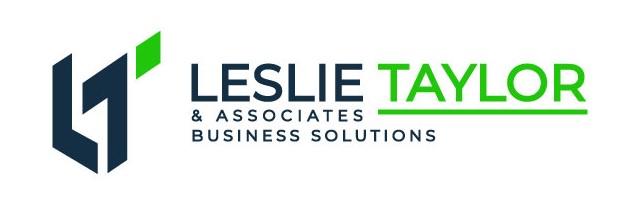We go into business with a desire to serve our clients and customers well. We know that the quality of our services and products affects our brand and ultimately future sales. But, if taken to the extreme, we can become perfectionistic in how we manage our businesses. While some industries require perfection and have zero margin for error, most businesses don’t fall into this category.
I have seen firsthand where perfectionism can hinder profitability.
But first, a discussion on perfectionism in 2021 cannot be had without acknowledging one of the main culprits of this day; social media. With it, we have a front-row seat to a neverending highlight reel of perfection. Social medial can be like a beacon of perfection reminding or almost taunting us that we are not, but misleading us into thinking others are.
In business, just as in life, we have no idea what is going on behind the perfectly smiling images and clever quotes. Business success is not measured in likes, comments, followers, or shares, only sales that lead to profitability.
How does perfectionism kill profitability in businesses?
Years ago I worked for a Fortune 500 company that sold a well-known consumer good to the masses. This company had the technical means and know-how to deliver their product to consumers without any defects.
At first glance, one might think this would be a no-brainer. Why wouldn’t you want to sell a perfected defect-free product to the consumer?
Profitability
The costs to produce and deliver a defect-free product to the consumer were so high that their sales would have suffered greatly.
This company was willing to sell a non-perfect, slightly defective product so they could maximize their profits.
Are you willing to do this in your business?
Am I suggesting you sell defective products?
Not quite.

Here are 3 ways this can show up in your business and what you can do to keep perfectionism from killing profitability:
1. Overextending your budget and/or debt for non-essential expenses
We can justify almost anything as “essential.” Shiny object syndrome is REAL. You may be trying to keep up with real Joneses, or the Joneses in your mind (even more sinister). Ask yourself these questions:
- Is this purchase or investment necessary to achieving your goals? (be honest)
- Can you still make progress in this area without this (within a reasonable amount of time)?
- What is your budget? What can you afford now?
- What are the risks if you don’t make this purchase now?
- Is there a lower-cost option? What are the trade-offs or risks that come with the lower cost?
- What is the return on investment (ROI) and how will you benefit? Will this free up your time, make the business more efficient, directly or indirectly increase sales?
- Is seeking an alternate source of funding right for your business?
I can’t answer these questions for you, but I can help you make the decision more confidently. If you need support in figuring it out, schedule a Discover & Strategize Session to get started.
2. Delaying a launch or new offering because you can’t afford all the bells and whistles
Instead of delaying, put a muzzle on your perfectionism and scale back those grandiose plans. Find a less expensive route with fewer whistles. You can also reduce expenses in other areas of your business to manage costs. Do the work. Launch it. Learn from the launch. Rinse and repeat. As long as you are meeting a need, and learning in the process, that is what is most important. As you grow and have more cash at your disposal, add the whistles back in.
3. Delaying a launch or new offer because you continue to tweak non-critical items
Ask yourself—How much are you losing every day by not launching or starting? I recommend you calculate how much you are losing every day so you can feel the pain.
There is a fine line between fixing critical flaws and tweaking non-critical items. It won’t be optimized the first time you launch. The process involves offering/launching something good and learning from it. The greatness develops from the feedback you receive and the experience of having done it.
Ultimately, the success of your business rides with you. I am here to advise and encourage you to approach it like the CEO. #CEOVision!

